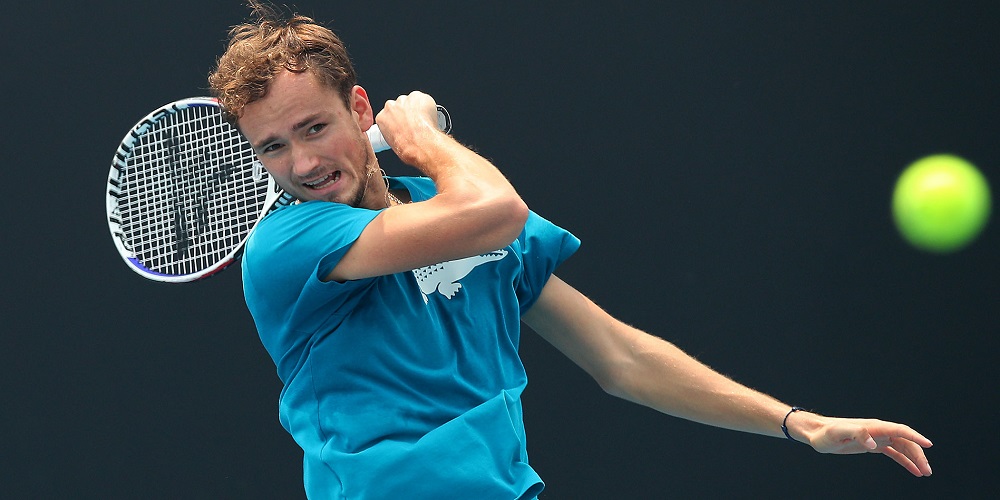The world of tennis is as unpredictable as it is thrilling. Forecasting the winner of a tennis tournament involves a nuanced understanding of various factors that influence the game.
Tournament Level and Its Impact
The level of the tournament plays a crucial role in forecasting. In Grand Slams, for instance, the best-of-five-set format tests endurance and skill, favoring top-ranked players who have proven their mettle in long matches. In contrast, ATP and WTA tournaments, with their best-of-three-set format, can occasionally lead to surprising upsets, offering a platform for lower-ranked players to shine.
Assessing the Physical Form of Athletes
A player’s physical condition is a cornerstone of tennis success. This not only includes their overall fitness but also their recent playing history. A player coming off a string of tournaments might be fatigued, impacting their performance. Conversely, a well-rested player, even if ranked lower, might have a physical advantage.
Field coverage
Each surface – be it clay, grass, or hard court – demands different skill sets. For example, clay courts slow down the ball and produce a high bounce, favoring baseline players with stamina and patience. Grass courts, on the other hand, benefit players with a strong serve-and-volley game. Knowing a player’s affinity and historical performance on each surface can significantly impact the accuracy of a forecast.

Historical Head-to-Head Records
Recordings of personal meetings provide valuable information which you can find on the swiss win casino website. Some players might struggle against certain playing styles, even if they are ranked higher. This psychological aspect, where a player has a mental edge over an opponent, can often override other statistical considerations.
The Psychological Aspect of Players
Mental toughness is a critical but often overlooked factor. Players who can maintain composure under pressure, adapt to changing game dynamics, and exhibit resilience have a higher likelihood of success. The ability to recover from a poor start or to close out tight matches often separates champions from the rest.
The Bookmakers’ Methodology
Bookmakers use a sophisticated mix of statistical analysis, historical data, and real-time information to predict outcomes. They consider player form, past performances, injuries, and even weather conditions. Additionally, bookmakers and swiss win casinos adjust their odds based on betting patterns to ensure they remain profitable, making their predictions a complex blend of data and market dynamics.
Additional Factors to Consider
- Recent Performance: Recent tournament results can be a strong indicator of a player’s current form.
- Injury Reports and Fitness Levels: Even minor injuries can significantly impact a player’s game.
- Weather Conditions: Certain players perform better in specific weather conditions. For example, high humidity can affect players prone to fatigue.
In conclusion, forecasting a tennis tournament winner is a multifaceted process. It requires not just an understanding of the game’s technical aspects but also an insight into the players’ physical and mental states. By considering these factors in a detailed and nuanced manner, one can significantly enhance the accuracy of their predictions.
